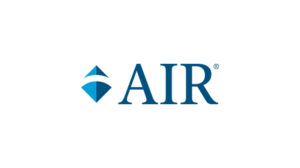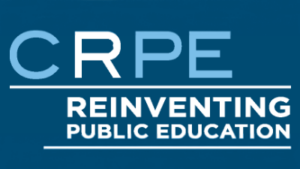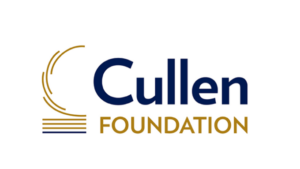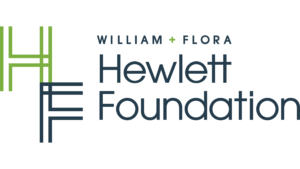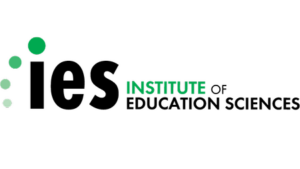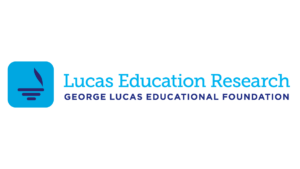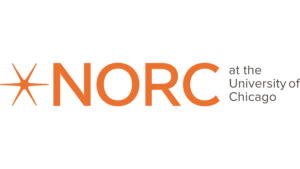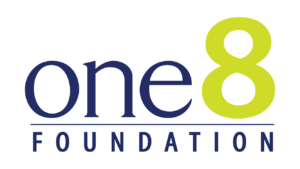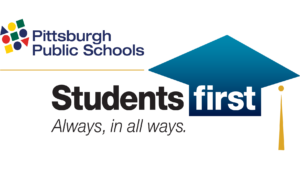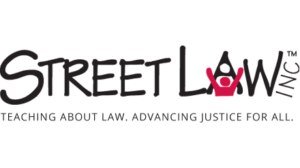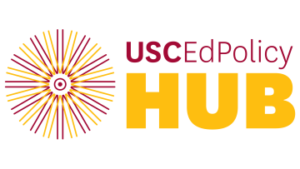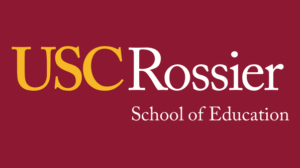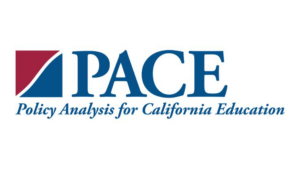Center for Applied Research in Education
Overview

The CESR Center for Applied Research in Education (CARE), established in 2022 by Marshall Garland, Amie Rapaport, and Anna Saavedra, is housed in the Dornsife Center for Economic and Social Research at the University of Southern California. CARE researchers conduct research and evaluations designed to increase understanding of how educational policies affect students, teachers, and schools, and whether interventions are effective, for whom, and under what conditions. We also oversee the education module of the Understanding America Study, a nationally representative survey panel of more than 15,000 households. Our partners include educators, school districts, state education agencies, foundations, and collaborating research organizations. Our work receives funding support from many public and private organizations including but not limited to the Bill and Melinda Gates Foundation, Hewlett Foundation, Lucas Education Research, the National Science Foundation, the One8 Foundation, and the United States Department of Education.
Who We Are
Marshall Garland
Marshall Garland, MA, is a Research Scientist and Co-Director of the USC Center for Applied Research in Education (CARE). Most of his work is focused on using large-scale educational data systems to evaluate education interventions, with a focus on causal inference in observational and experimental settings. More narrowly, he is interested in understanding the factors that inhibit or improve students’ successful transition from high school and into college and the workforce; his work in this area was recognized by the American Educational Research Association. Recently, his work has investigated the ongoing effects of the COVID-19 pandemic on students and families, the impact of whole-school reform models on students’ academic performance and attendance, the effect of out-of-school time programs on children’s academic and social-emotional well-being, and the correlates of American voters’ support for political violence and other manifestations of toxic partisanship. Marshall is ABD in Political Science from Texas Tech University. Prior to arriving at CESR, he was a senior research scientist at Gibson Consulting Group, in Austin, Texas, and a program evaluator at Austin Independent School District. Access his CV here.
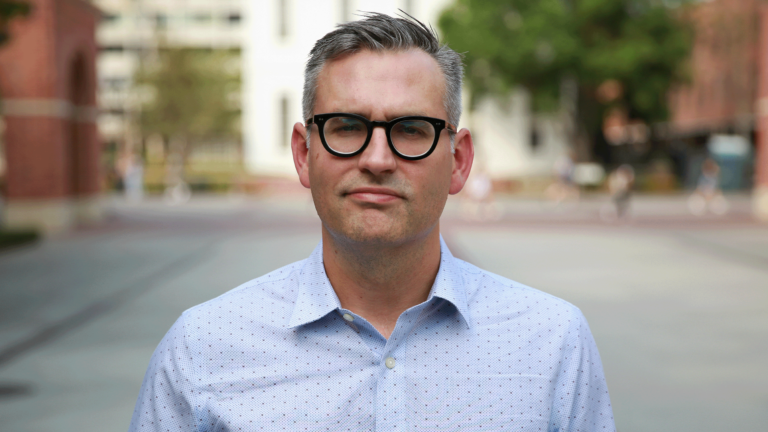
Amie Rapaport
Dr. Amie Rapaport, a Research Scientist and CARE Co-Director, has spent the last 15 years helping school districts, state education agencies, foundations, and other organizations answer their own pressing research and policy-relevant questions. These projects have spanned various content areas, including project-based learning, STEM education, civics education, and educator professional development, among others. She leads teams of researchers on the design, implementation, and execution of both small and large experimental and non-experimental studies, including randomized controlled trials, quasi-experimental design studies, descriptive studies and case studies. When designing research studies, she prioritizes the inclusion of both qualitative and quantitative research methods to produce a more complete understanding of a program’s implementation and impact – addressing not only to what extent an initiative or program is effective, but why, how, and for whom? Amie also specializes in supporting organizations with the collection of high-quality, representative survey data that measures climate, stakeholder attitudes, and/or opinions (e.g., in the community, among parents, among school district employees). She also co-leads the Understanding America Study’s education-focused survey content. Amie earned her PhD in Social and Personality Psychology from New York University with a concentration in Quantitative Psychology. Access her CV here.
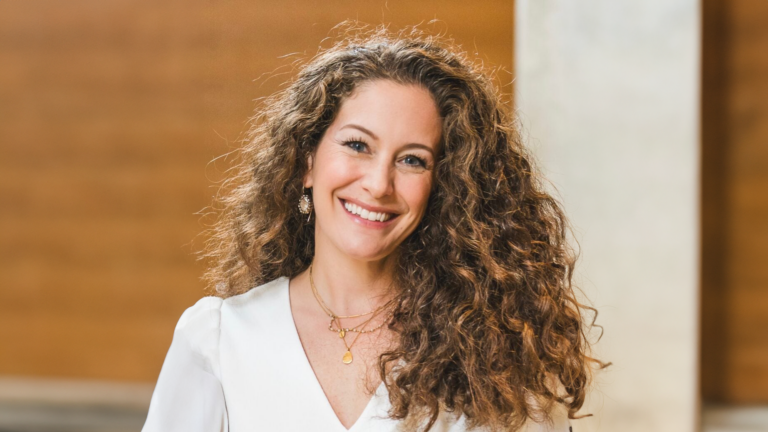
Anna Saavedra
Dr. Anna Rosefsky Saavedra, a Research Scientist and USC Center for Applied Research in Education (CARE) Co-Director, is an applied education researcher with specialization in the areas of teaching and learning and civics education. She is also the Director of Research for the USC EdPolicy Hub based at the USC Rossier School of Education. Dr. Saavedra co-leads the education module of the Understanding America Study (UAS), a nationally representative panel study of parents’ perceptions and reports on their children’s educational experiences. Between 2015-21, Dr. Saavedra was Principal Investigator (PI) of a five-district, mixed-methods, randomized controlled trial efficacy study of the implementation and impact of a project-based learning approach to teaching AP U.S. Government and AP Environmental Science. Based on study results, the College Board is changing Advance Placement courses and corresponding exams to make them more project-based. Prior to her research career, Dr. Saavedra managed educational programs and partnerships for an educational travel company and taught high school world history. Her education master’s and doctorate are from the Harvard Graduate School of Education. Access her CV here.

Daniel Silver
Dr. Dan Silver is a Research Scientist at the USC Center for Applied Research in Education. He contributes to Understanding America Study national survey research about the educational experiences of teachers, school leaders, and families and currently co-writes the Evidence Project biweekly newsletter. Dan has also designed and carried out mixed-methods studies to analyze teachers’ curriculum use. His academic work has been published in education journals such as Review of Educational Research, AERA Open, and Educational Researcher, and his policy- and practitioner-oriented writing has appeared in outlets including the Brookings Brown Center Blog, The 74 Million, and Time. He completed his PhD in Urban Education Policy in 2022 at the USC Rossier School of Education. He also earned his MS in Applied Economics and Econometrics from USC in 2021. Access his CV here.
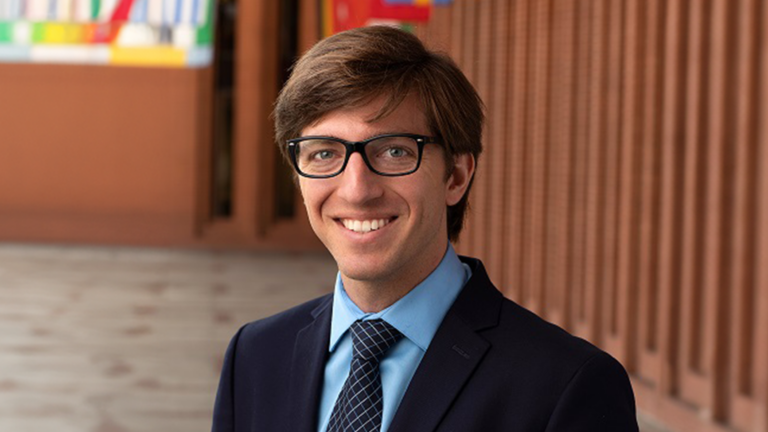
Jessica Lozano
Administrator
Jessica is CARE’s administrator. She has extensive experience managing complex research, evaluation, and survey projects and grants for a variety of federal and international sponsors. She serves as a point of contact for researchers to ensure assignments remain in synergy, communicating to keep projects aligned with their goals. Jessica performs quality control by adjusting schedules and targets as project needs and/or financing change. Before joining USC, she worked at the University of California, Los Angeles as a financial analyst in several departments. In that capacity, she was responsible for analyzing data, and preparing reports and projections based on results. Jessica earned her BA in Criminal Justice.

Examples of Our Work
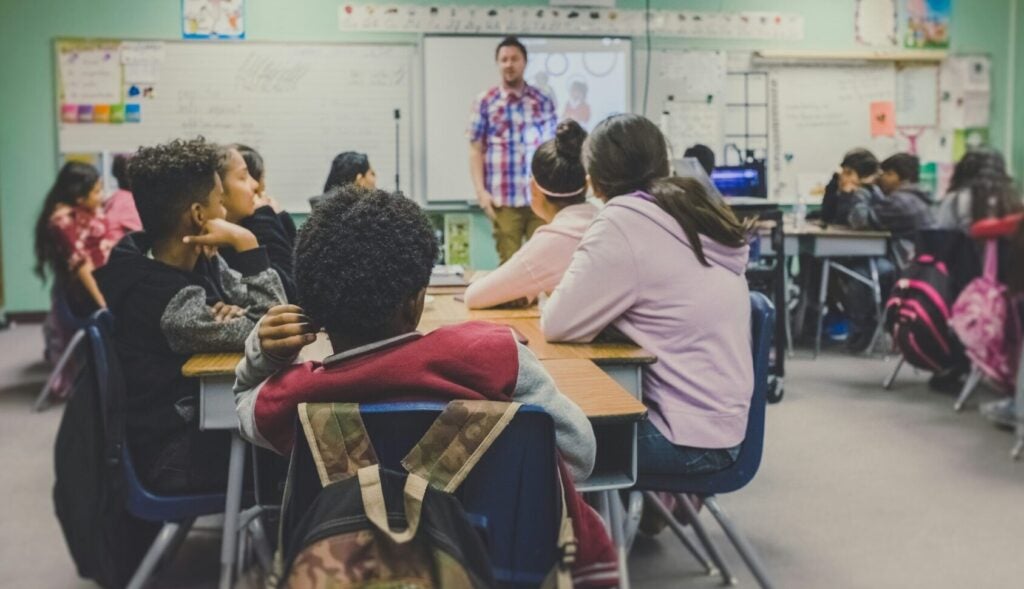
CARE research spans various content areas, including topics such as student-centered curriculum and instruction, civics education, K-12 children’s educational experiences during and after COVID, the impact of pandemic-induced school disruptions on English language learners, and the impact of whole-school reform models on student outcomes. Below we provide some examples of our work.
-
CARE researchers, along with partners at Penn State University and Gibson Consulting Group, used a randomized controlled trial to evaluate the Knowledge in Action (KIA) project-based learning (PBL) approach to Advanced Placement (AP). The study found that KIA students outperformed non-KIA students on AP exams, including within subgroups. Though the shift to PBL required considerable pedagogical changes, teachers and students perceived benefits beyond AP performance, and the majority of teachers planned to continue using PBL after the study. The pattern of results was consistent for two years and in two courses, AP U.S. Government and AP Environmental Science. Results support teacher-driven adoption of KIA for students from both lower- and higher-income households, and in both courses. (From Saavedra et al, 2021)
-
In partnership with the Stanford History Education Group (SHEG) and Gibson Consulting Group, CARE researchers administered an assessment to more than 3,000 students in 16 districts across the country. Districts varied by region, urbanicity, size and demographic composition to create a sample approximating the demographic profile of high school students across the United States. The SHEG-developed assessment gauged students’ ability to evaluate digital sources on the open internet. Nearly all students floundered. Ninety percent received no credit on four of six tasks. These results informed SHEG’s development of curriculum designed to teach U.S. students how to be critical consumers of online information.
Journal article and reports:
-
In partnership with NORC at the University of Chicago the purpose of this study is to learn how to improve equity-focused civics education. Funded by the Institute of Education Sciences’ Education Research Grants program, this randomized controlled trial study seeks to provide rigorous evidence of the impact of the Generation Citizen (GC) “action civics” curriculum on students’ critical thinking, civic knowledge, engagement, and behavior (i.e., 2022 midterm voting), and engagement with learning. Working in partnership with two diverse, large, urban school districts in the US, our study evaluates implementation, cost effectiveness, and impact. Results will inform educators’ and policymakers’ decisions regarding whether and how to implement civic education.
-
In partnership with the Street Law Inc., the purpose of this study was to evaluate the implementation of Street Law’s “Rule of Law” curriculum, lessons, materials and professional learning program in one east-coast school district as well as among teachers from various other nearby districts. Funded by the Annenberg foundation, our evaluation examined changes in students’ understanding of the concept of “Rule of Law” gained through Street Law’s “Rule of Law” curriculum, as well as participating teachers’ experiences and perceptions of student engagement. Results are informing continued program development, associated professional development, and may lead to a subsequent impact study. Read more about this study here.
-
As a result of the COVID-19 pandemic, students across Texas had limited and disrupted access to typical educational contexts and services during the 2020-21 school year. Changes to remote or hybrid instruction raise risks for student progress and learning, especially for English learner students, who need extensive opportunities to practice speaking and hearing English to develop English oral language proficiency as well as literacy skills. In partnership with American Institutes for Research, Gibson Consulting Group, and the Texas Education Agency(TEA) as part of the Southwest Regional Education Laboratory, we found that rates of reclassification from an English learner student to an English proficient student declined between 2017/18 and 2020/21, and trends in the characteristics of reclassified students changed. Of students reclassified to English Proficient during that period, fewer were a) enrolled in major urban areas, b) eligible for the National School Lunch Program, c) coming from homes where Spanish is the first language, and d) identified as Hispanic. In other words, students being reclassified as English Proficient were more likely to come from non-urban areas, be from higher income households, speak languages other than Spanish, and not be Hispanic but be from another race/ethnicity. Regarding English proficiency, we found that English learner students in elementary grades in 2020/21 earned meaningfully lower scores on the listening, speaking, and reading domains of the Texas English Language Proficiency Assessment than similar students earned before the pandemic, particularly in speaking. The findings for secondary grades were mixed; middle school students earned lower scores in listening, and high school students earned higher scores in speaking. Leaders at the Texas Education Agency and Texas school districts could consider focusing recovery resources on elementary schools and to some degree on middle schools and identifying and supporting evidence-based strategies to cultivate proficiency. The Texas Education Agency may consider studying the effect of program models on language proficiency and the relationship between reclassification, shifting English proficiency levels, and changing reclassification standards. Read more about this study here.
-
Beginning with the 2017-18 school year, the Texas Education Agency (TEA) established grant programs to provide financial support to Title I schools. The purpose of the grants is to design and implement strategic school improvements. One whole-school improvement model, “School Restart,” requires schools to develop a new academic program and replace school leadership and instructional staff. This study, in partnership with American Institutes for Research, Gibson Consulting Group, and TEA as part of the Southwest Regional Education Laboratory, is conducting an evaluation of the effects of school restart on student, teacher, and principal outcomes. The study will provide evidence on whether school restart improved student and educator outcomes, and whether the characteristics of students and staff changed after implementation. Read more about this study here.
-
Funded by The Cullen Foundation, the purpose of this study is to evaluate the implementation and effectiveness of the Buffalo Urban Teaching Fellows (BUTF) residency educator preparation program. In partnership with four local colleges and TNTP, The Cullen Foundation is providing residency stipends (up to $15,000 in tuition assistance per resident) for aspiring teachers to learn through paid positions in schools while they pursue educator certification and transition to a teaching career. Our study will examine the extent to which the BUTF program successfully recruits local teachers to earn credentials and teach in local Buffalo schools, and whether the preparation received through the residency model is successful in preparing teachers for the classroom.
-
The purpose of this study was to describe the teaching and learning of high school students in two New Tech Network (NTN) high schools, contextualized within the most recent literature on project-based learning (PBL) and workforce-aligned skills. Both schools use a whole-school project-based learning model. One is mature, currently in their 13th year of operation, and a small magnet school. The other, new in its second operational year at the time of the study, is a large comprehensive high school. Our case study research approach included interviews, focus groups, observations, document review, and surveys to understand common successes, challenges, areas for improvement and opportunities for sharing successes. Emerging themes included broad consensus supporting PBL’s benefits for students, teachers’ need for more and different professional learning supports and materials, and the facilitative nature of the whole-school approach, among others.
-
Since 2014, the University of Southern California Dornsife Center for Economic and Social Research has administered the Understanding America Study (UAS). The UAS is a longitudinal, national probability-based panel of approximately 14,000 U.S. residents, collecting information at multiple time points each year on economic, attitudinal, health, political, and other measures. CARE researchers pose questions at regular intervals to the over 2,000 panel households with at least one child in grades K-12 asking about children’s educational experiences, and to the full sample about attitudes and opinions around public education more generally.
Journal articles
- Disparities in Educational Access in the Time of COVID: Evidence From a Nationally Representative Panel of American Families (AERA Open)
- The Impact of a Messaging Intervention on Parents’ School Hesitancy During COVID-19 (Educational Researcher)
- Silver, D., Polikoff, M., Saavedra, A., Garland, M., Haderlein, S., & Rapaport, A. (2022). The Subjective Value of Postsecondary Education in the Time of COVID: Evidence from a Nationally Representative Panel. Peabody Journal of Education. 97 (3), 344-368.
Reports
- Agreement Across the Aisle: Schools Should Prepare Students for the Rights and Responsibilities of Citizenship (USC CARE, March 2025)
- A Nation’s Children at Risk: Insights on Children’s Mental Health from The Understanding America Study (USC CARE, August 2024)
- The Kids Are All Right? What Parents Really Think About How COVID Affected Children (USC EdPolicy HUB, December 2023)
- A House Divided? What Americans Really Think About Controversial Topics in School (USC Dornsife CESR / USC Rossier, October 2022)
Example policy impact
Presentations
Electronic articles
- Support for Teaching Gender Identity in School Is Split, Even Among Democrats (New York Times)
- Survey finds bipartisan support for public schools (Forbes)
- Teachers and students wary about discussing gender identity, study finds (USA Today)
- Survey: Teens Divided on Teaching Race, Gender Identity — Like Their Parents (The 74)
- Support for Teaching Gender Identity in School Is Split, Even Among Democrats (Yahoo News)
- Should Kids Learn about LGBTQ Issues at School? (Chalkbeat)
- Deep political divide around race, LGBTQ+ topics in schools, new USC study finds (EdSource)
- How Americans really feel about the teaching of controversial topics in schools (USC Today)
- Many families don’t know how much the pandemic harmed their child’s learning; that’s a problem (EdSource)
- Two Percent of U.S. Children Receive High Quality Tutoring, Despite Billions Funneled into School Systems (Evidence Base)
- National Survey Findings Shed Light on Dimensions of Teen Mental Health Concerns (Evidence Base)
- Lines Have Been Drawn, A Loud Minority Has Been Heard, Now What? (Harvard Usable Knowledge )
- Opinion: How most Americans don’t believe young kids should read or learn LGBTQ themes (The Hechinger Report)
- ‘Channeling the Mama Bear’: How Covid Closures Became Today’s Curriculum Wars (New York Times)
- Most Americans Think Parents Should Be Able to Opt Their Kids Out of Learning Things They Disagree With. That’s Terrifying (Time Magazine)
- Must we battle over civics education? (Fordham Institute)
- Americans broadly support teaching about (most) controversial topics in the classroom (Brown Center Chalkboard)
- Deep Partisan Divide Over LGBTQ+ Content in Schools (Yahoo News)
- Americans divided on LGBTQ representation in high school curriculum (The Hill)
- Parents want high schoolers to learn both sides of controversial issues (Spectrum News)
- Low parent interest in COVID-recovery interventions should worry educators and policymakers alike (Brookings Brown Center Chalkboard)
- Both supply and demand for COVID-Related academic and social Interventions are insufficient to address the negative effects of the pandemic (Urban Institute)
- Support for Mask and Vaccine Policies in Schools Falls along Racial and Political Lines (Urban Institute)
- Are fiery school-board meetings representative of all parents? (Brookings Brown Center Chalkboard)
- With Students Back in School, Latest Data Finds Parental Support for State Testing Rebounding (74million)
- Concerns about child well-being during the 2020-21 school year were greatest among parents of remote learners (Brookings Brown Center Chalkboard)
- Tutoring, Summer School, Pods — Survey Finds Parents Aren’t So Thrilled About Most K-12 COVID Recovery Solutions on the Table (74million)
- Why some parents are sticking with remote learning—even as schools reopen (Brookings Brown Center Chalkboard)
- Almost everyone is concerned about K-12 students’ academic progress (Brookings Brown Center Chalkboard)
- For Schools To Open in Spring 2021, Teachers and Students Need to Mask Up (Education Next)
- Evidence of COVID-19’s Impact on K-12 Education Points to Critical Areas of Intervention (Evidence Base)
- Surveys show things are better for students than they were in the spring—or do they? (Brookings Brown Center Chalkboard)
- Matching supports to student needs: Survey results highlight where schools, policymakers can help (Evidence Project CRPE)
- Getting Testy about Testing — K-12 Parents Support Canceling Standardized Testing this Spring. That Might Not Be a Good Idea (74million)
- OPINION: The truth about returning to school? There’s no easy answer (Hechinger Report)
- Parents’ Perspectives on the Effects of COVID-19 on K-12 Education, April-July 2020 (Evidence Base)
- The Families Talking—and not Talking—with Children About Racism (FutureEd)
- Beyond Policing, We Also Must Address Black-White Educational Disparities (Medium)
- Students without computers are having a rougher time with the new normal. damircudic/Getty Images Not all kids have computers – and they’re being left behind with schools closed by the coronavirus (The Conversation)
-
In partnership with Gibson Consulting Group, Inc. and the Office of Child Development (OCD) at the University of Pittsburg, our team is examining the implementation and impact of PPS’ summer learning program. Through site visits to summer programs, conversations with participating staff, and student surveys, our qualitative research activities will examine how BOOST is implemented, what experiences students have, and how well BOOST programming is meeting identified students’ needs. We will identify strengths of summer BOOST programming and look for areas to improve or strengthen potential areas of weakness. With longitudinal student administrative data, our quantitative research activities will seek to answer whether, and to what extent, participation is associated with improved reading and math performance on standardized, interim benchmark assessments. Quantitative analyses will also examine whether impacts vary by BOOST location, and whether program effects are related to program dosage, measured by the frequency of BOOST summer attendance. Our team will integrate the qualitative and quantitive findings to provide a more holistic understanding of student experiences and outcomes associated with BOOST participation.
-
In partnership with the University of Virginia’s Weldon Cooper Center for Public Service, our team evaluated the state of Virginia’s Governor’s STEM Academies, a collection of more than 20 programs designed to increase students’ access to STEM curriculum and, ultimately, careers. In this study, our activities included using novel data extraction techniques to transform academies’ original application documents into manipulable and analyzable data. The research team combined these data with current administrative records from Virginia’s state longitudinal data system to investigate how academies’ course and credential offerings have evolved to meet the demands of Virginia’s employers, and the academic and career interests of students.
-
Center for Reinventing Public Education: In support of researchers at the Center for Reinventing Public Education at Arizona State University, CARE researchers create a biweekly newsletter aimed at synthesizing key developments in pandemic learning recovery and student wellbeing for non-academic audiences. In addition, CARE researchers have compiled and contributed to consensus reports on key issues in education. Intended for policy and practitioner audiences, these reports review and compile research findings in an area of particular policy relevance
Example report: Beyond test scores: Broader academic consequences of the Covid-19 pandemic on American students
Pressroom

General press including the Economist, LA Times, New York Times, and Washington Post, as well as education trade journals including Chalkbeat, EdWeek, and EdSource — and many other sources — have cited CARE’s work.
-
- You can’t believe everything you read online. Many students don’t seem to know that. (Washington Post, November 2019)
- High school students are unprepared to judge the credibility of information on the internet, according to Stanford researchers (Stanford News, November 2019)
- “Deep Fakes” pose threat in identifying online information. (MSNBC video, December 2019)
-
- Poll finds sharp partisan divides over teaching LGBTQ issues (Washington Post, October 2022)
- Republicans and Democrats Agree: High Schools Should Teach ‘Controversial’ Issues (EducationWeek, October 2022)
- Half of Americans Know Little About CRT, What’s Actually Taught in Schools (The 74 Million, October 2022)
- “Critical race theory” is being weaponised. What’s the fuss about? (The Economist, July 2022)
- The Bogus Claim That School Closures Will Doom Democrats (New Republic, January 2022)
- Some families of color remain wary of returning to classrooms as new school year begins (Washington Post, Donna St. George, September 2021)
- Back to school with the threat of the delta variant — some parents once again call for remote learning (Marketwatch, September 2021)
- America’s history wars (Economist, July 2021)
- More students of color are expected to return for in-person classes in the fall but reluctance lingers (Washington Post, Donna St. George, September 2021)
- More non-white than white parents prefer remote learning for their children (Economist, March 2021)
- Parents struggle with a new dilemma: Is it safe to send kids back to school? (LA Times, March 2021)
- California high school opened two months ago without outbreaks (LA Times, March 2021)
- California parents continue to disagree on return to school as Covid-19 cases decline (EdSource, March 2021)
- Rhode Island Kept Its Schools Open. This Is What Happened. (New York Times Magazine, February 2021)
- Schools in more affluent areas move faster to reopen than those in low-income communities (Los Angeles Times, February 2021)
- What’s at Stake in the Fight Over Reopening Schools (New Yorker, February 2021)
- Why reopening schools in minority neighbourhoods is hard (Economist, January 2021)
- Polls show most — though not all — parents are getting the type of instruction they want for their kids (Chalkbeat, January 2021)
- Parent Racial, Income Divides Seen on School Reopening Preferences (EdWeek exclusive, July 2020)
- Some parents concerned their children won’t be ready for next year (EdWeek exclusive, April 2020)
Partners
We collaborate closely with professors and students from the USC Rossier School of Education as well as researchers nationwide. Foundations and federal sources have financially supported our work.
